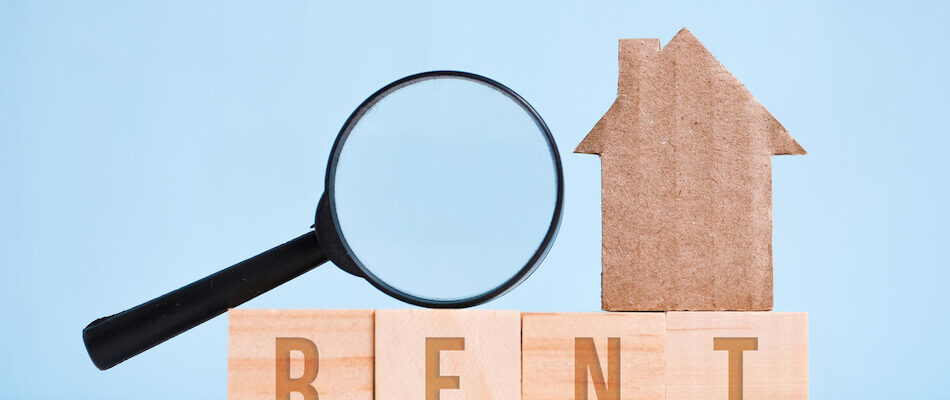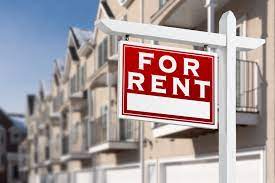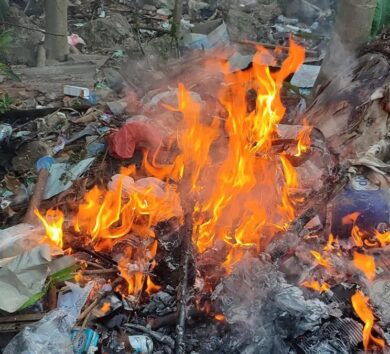

Most people will be familiar with the landlord and tenant relationship- renting, especially residence is a well known concept and common place for a good number of Jamaicans.
Commonly, it is believed that the burden of the relationship is held by the landlord, as it their responsibility to tend to repairs or damage to or on the property with no apparent cost to the tenant. However, there are legal obligations on both sides of the relationship. The law in relation to landlords and their tenants, is governed by the Rent Restriction Act.
Section 4 of that Act mandates that all landlord and tenant relationships are subject to the conditions in the First Schedule regardless of if they are specifically mentioned in the rental agreement. This means that the actual lease/rent agreement does not have to outline the obligations specifically. As long as the contract is for a lease/rental agreement, these terms apply to the arrangement. These obligations are known as covenants and the main ones are highlighted in the Act.
The landlord’s covenants
The landlord is responsible for keeping the premises in what is called a tenantable condition. This would mean maintenance of the necessary utilities reasonably required to live in the residence.
The landlord is responsible for the payment of property taxes and must also re-imburse his tenant for any inconvenience and loss arising from his negligence or by persons hired by him in relation to the property.
The landlord must also allow the tenant to have uninterrupted access to the premises that are covered by the agreement. Any visitation by the landlord or anyone working for him must be done at a time convenient to the tenant and with the tenant’s permission.
Tenant’s covenants
The tenant is responsible for payment of the rent on or before the date specified by the landlord as well as maintenance of the fixtures/appliances that come with the dwelling.
The tenant must also refrain from altering the structure of the house and its surroundings unless there is consent from the landlord to carry out those changes.
It is also necessary for the tenant to allow agents/servicemen to access the property after proper arrangements are made with the landlord and those persons will be carrying out a specific function that requires access to the property.

It is also important to note that both tenants and landlords are equally empowered to settle their disputes through a third party and no one party is given favour in the system over the other. Either party can settle grievances at the Rent Assessment Board. The Board can hear complaints in relation to rental arrears, rental refunds or illegal increases in rent. Notably, the Rent Assessment Board has the same jurisdiction over these matters as local parish courts and so it is critical to know that going to the Board instead of the court will provide an outcome that is just as binding and would give an opportunity to have the matter handled by persons who have a dedicated responsibility for this type of dispute.
Also, the parish courts have jurisdiction over many types of matters, however, the Rent Assessment Board only hears rental disputes and is therefore likely to be a faster process for the parties to undergo with disputes of this nature.






Comments